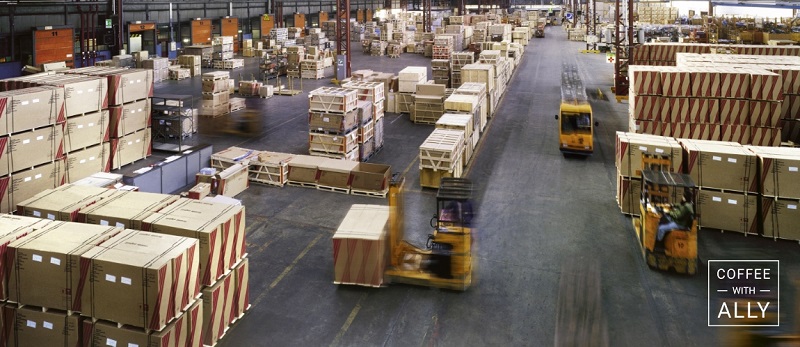
International Trade in a Developing Country - The Best Strategies
It has been centuries since the creation of the first international free trade agreement in 1860, but many developing nations are still struggling to fully exploit the opportunities offered by global trade. This article outlines three strategies to help achieve this objective:
1. Increasing Transparency
It is important to keep in mind that all countries have regulations in place to control and ensure fair trade. However, they can often get in the way of smooth international trade, especially when partnering businesses need to achieve a common objective. Therefore, rules governing export and import in developing countries need to become more transparent to build confidence for foreign partners.
An international initiative led by the United Nations Conference on Trade and Development (UNCTAD) aimed at collecting and distributing data freely across exporting countries can help reach this goal. This will include 80% of world trade data, along with gathering data specifically from developing countries in Africa. Hence, increasing transparency among the African exporters.

2. Meeting International Standards
Doing business on the world stage means meeting specific international standards. This is a requirement that simplifies regulatory challenges associated with doing business with developing countries. For instance, clothing and textile exporters from developing countries lose about 50% of their products’ value due to certain European Union (EU) regulations.
It is important to note that these EU regulations differ from general international standards. Therefore, developing countries need to standardize their goods and services to profit off of international trade. African exporters should implement these standards locally and ensure production conditions are also favorable for sustainable development.
3. Reducing Unnecessary Red Tape
Lastly, developing countries should strive to reduce any unnecessary red tape associated with national regulatory processes involving international trade. The concerned authorities should focus on achieving regional and global regulatory convergence, when possible or applicable. Ideally, the first and immediate approach of regional regulatory convergence should serve as a springboard to global regulatory convergence.
The new guidelines will reduce excessive bureaucracy to speed up trade and business transactions between developing countries and the rest of the world. At the same time, these will ensure that each country remains compliant with regional and international rules and regulations.
Sweet Tips from Ally:
Both internal and external trade is essential for growth and development in all countries. However, developing countries that are currently expanding the manufacture of goods and producing valuable resources need to secure markets overseas to gain the highest returns. With these three strategies, public and private businesses in developing countries can successfully find long-term partners abroad for international trade.

Would you like a
coffee with ally?
and get tips on how to grow your business!














start a conversation